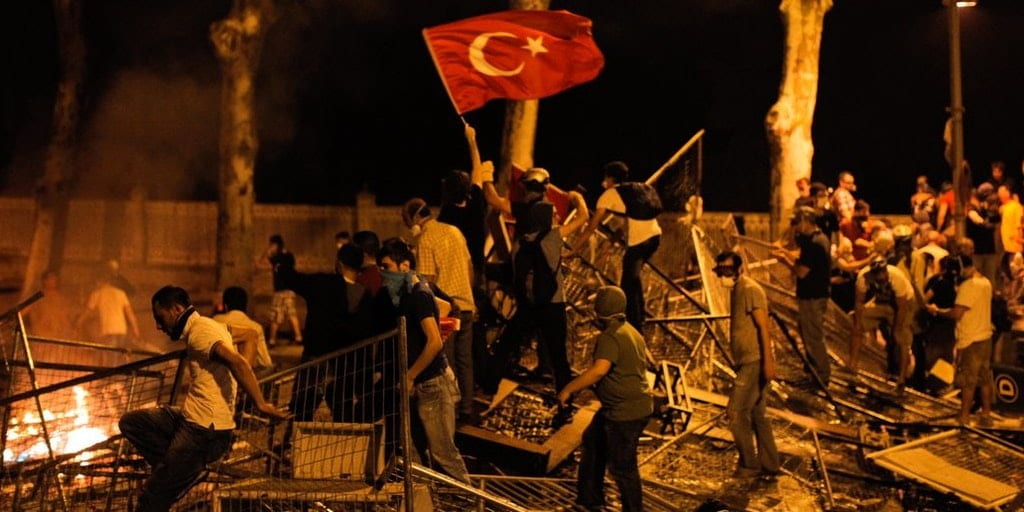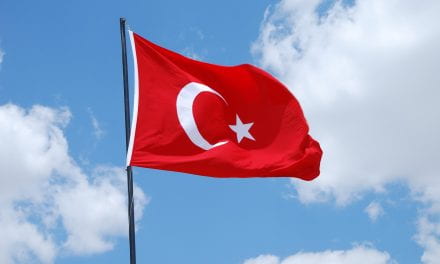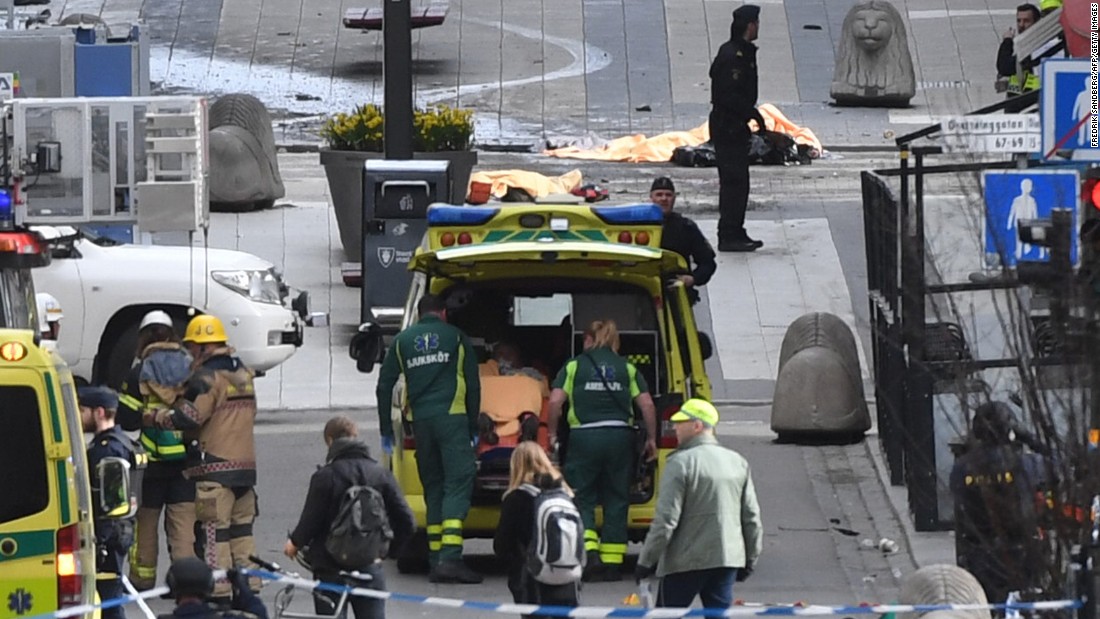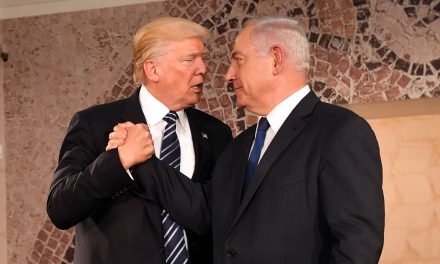On July 15, 2016, the Turkish Armed Forces (TAF) launched an attack on the Turkish presidential administration from an air base near the capital city of Ankara, marking the bloodiest coup attempt in Turkish political history. Today, President Recep Tayyip Erdogan continues to make arrests and accusations of Turkish citizens for their involvement. More than 292,000 people have been detained over links to the attack and over 100,000 of these suspects are still waiting in jail for a “fair” trial. To date, 337 suspects have been sentenced to life in prison of which 291 are aggravated life sentences, the most severe punishment of the Turkish courts [1]. This large-scale crackdown began after the coup attempt when President Erdogan declared a state of emergency in order to root out the supporters of Fethullah Gulen, United States-based Muslim preacher and business-man whom he blames for the attack [2]. Gulen is a leader of the widespread movement called “Hizmet,” which owns foundations, media companies, and schools within Turkey and abroad [3]. Erdogan claims that Hizmet is a terrorist organization and that his actions are crucial in defending the security of Turkey, due to the network of Gulen supporters being deeply embedded in the state [4].
While the Turkish parliament only approved a three month state of emergency to locate coup participants, Erdogan did not lift it until two years later, during which the European Convention on Human Rights (ECHR) was suspended. This allowed President Erdogan to bypass parliament when creating new laws or restricting freedoms [5]. During the state of emergency, Erdogan proposed a constitutional referendum, which passed in 2017. The referendum eliminated the position of the Prime Ministry, giving the president disproportionate control over all three branches of government. Ultimately, the state of emergency that followed the 2016 coup attempt has allowed Erdogan to do much more than find and persecute Gulen supporters. He has used this critical time to limit political opposition gatherings, crack down on journalists, and persecute minority groups. Erdogan has further taken advantage of the situation by removing anyone not completely in support of the Justice and Development (AKP) party ideology, such as civil servants, including teachers and academics, and replacing them with loyalists [6]. While continually committing these major human rights atrocities against the Turkish population, Erdogan has succeeded in maintaining his conservative support base through his polarizing strongman attitude and the stirring of anti-West and anti-EU sentiments Ultimately, the coup attempt has benefitted the Erdogan administration by creating an avenue through which Erdogan can conduct Turkish life in a manner that strays far away from the principles of democracy. And, as Turkey grows away from western values, they grow closer to other Eastern countries such as Russia who supports Erdogan despite his actions and is actively pursuing a partnership with Erdogan.
An Unexpected Response
Military coups are not a foreign concept in Turkey, as the 2016 attempt marked the fourth coup in the country’s history. In the past, the TAF has acted as a check on presidential power, challenging those who have overstepped in their duties. Formerly an organized and united body, the TAF had been able to do what Turkish citizens could not: remove a corrupt President. And after President Erdogan held snap elections in 2014 to secure the presidency with a larger margin than in the general elections, it was clear that Erdogan was not going to have the best interest of Turkish democracy in mind. However, when the TAF launched the coup in July of 2016, they were met by an unsuspected response: ordinary Turkish citizens taking to the streets armed with kitchen utensils [7]. Initially, it had looked like the TAF would topple Erdogan, but in a last-ditch-effort Erdogan broadcasted live on social media to encourage the Turkish people to defend their democracy. And surprisingly, even those who did not support the Erdogan administration went out to defend their government, feeling convicted to eliminate the threat to their democracy [8]. Ultimately, the crowds resisted the tank fire and air bombardments, and with the aid of police and loyalist soldiers, they were able to defeat the TAF in just a few hours [9].
But why would people take to the streets to defend a president who was becoming increasingly authoritarian in his practices and altering election results to maintain power? Well, prior to the coup, anti-military sentiments were rising along with disdain for a secular state. Turkey is extremely conservative, and President Erdogan was able to capitalize on this knowledge with his rhetoric to mobilize the people on his behalf. Erdogan framed the coup as an attack on Turkish democracy and the TAF as a threat to Turkish life. And, when Turkish citizens responded to the President’s call, they were stunned that their military was killing them in the streets. When the coup failed, the TAF no longer existed as a champion of the people and anti-military sentiment was solidified among Turkish citizens. And even after more altered elections, the constitutional referendum, censorship and human rights atrocities, Erdogan has maintained relative popularity. Erdogan’s charisma and ability to capitalize on growing anti-military and anti-West sentiments has brought him into this unique position. He has framed himself as a strongman leader, and as such, he is extremely polarizing. Erdogan’s supporters love him unconditionally, while those who despise him remain silent for fear of losing their jobs, freedoms, and privileges.
Influence of the Coup History
Prior to the coup attempt of 2016, the coup of February 28, 1997 was the most recent. At that time, Erdogan was the mayor of Istanbul. Erdogan recapped his agonizing memories of the coup when appealing to the people on July 15, 2016. He reminded the people that he was unlawfully imprisoned, and his political life almost ended, but that he had risen and become the first Turkish President elected by popular vote[10]. He reminded the Turkish people of his service to his country and used his careful rhetoric to sway them. Turkish officials supported Erdogan by promoting the narrative that every coup undermined Turkey by stalling both economic and political progress [11]. In addition, the Erdogan administration took advantage of the conspiracy claims throughout the history of Turkey. The Turkish people have a pattern of fear of Western conspiracy, and when something terrible happens, they often have the initial assumption of outside interference. Because the United States has historically meddled in Turkish affairs and because Gulen resides in the United States, many still believe the United States was involved in the coup attempt [12]. With U.S. refusal to cooperate by returning Gulen to Turkish soil, resentment has further grown towards the West among the Turkish government and Turkish citizens [13]. This distrust of the United States and the West in general is something that unites the majority of Turkish people. Many of Erdogan’s opponents, such as Kurds, secularists, and nationalists, have also worried about Gulen’s influence within the country, agreeing with their president that the United States is siding with Gulen [14]. And these anti-West sentiments are key in Erdogan’s strategy of maintaining the allegiance of the Turkish people despite his authoritarian actions.
Beyond Political Opposition
It is clear that President Erdogan has used his emergency powers to crack down on all dissent, not just that of Gulen. Anyone who does not align with the PKK ideology is now a target. Many of those who have been subjected to the Turkish prisons since the 2016 coup have experienced torture, beatings, rape, and sexual abuse. Along with the constant threat of arrest, the media has been censored and journalists fear for their safety. Today, Turkey is ranked alongside China and Saudi Arabia as the world’s top jailers of journalists by the Committee to Protect Journalists [15]. More than 20 news websites have been blocked, 42 journalists have warrants out for their arrest, and 25 media outlets have lost their licenses [16]. Emergency decrees have allowed for the government to close more than 200 media organizations such as newspapers, periodicals, radio stations and television channels [17]. According to Turkey’s Journalist Syndicate, as many as 85 media workers are in jail under Turkey’s very broad anti-terrorist laws. These same laws have allowed authorities to conduct mass purges of public employees within the state. In August, Erdogan implemented new regulations that required internet broadcasting platforms to obtain licensing from the Radio and Television Supreme Council (RTUK), who will censor their online content [18].
Censorship has gone much further than just media networks and journalists. At least 839 social media accounts have been investigated for “sharing criminal content,” hundreds of which have been confiscated by police. Istanbul Provincial Chairperson, Canan Kaftancioglu, of the CHP party was sentenced to almost 10 years in prison for “insulting the President,” “insulting a public official because of his/her duty,” “provoking people into enmity and hatred,” and “propaganda for a terrorist organization.” Bans on all assemblies have been issued in many cities across Turkey. Peaceful protests have been met violently with police brutality and participants have been prosecuted for “propaganda for a terrorist organization,” “participation in an unlawful assembly,” and “resisting police” [19]. In November 2017, an indefinite ban was issued by the Ankara governorate on all lesbian, gay, bisexual, transgender and intersex events. It was not lifted until April 2019 after which events were banned individually. University student pride marches and Istanbul pride march have been repeatedly banned for almost six years now. In March 2020, authorities banned the International Women’s Day March in Istanbul just before it was about to begin. To dismantle the crowds, police used tear gas and force on the peaceful participants. A similar event occurred in November 2020, when women were met with plastic bullets and tear gas for gathering for the International Day for the Elimination of Violence against Women. University students have been met with the same response when having peaceful protests and have been prosecuted for their gatherings.
Erdogan is far past the point of being able to justify his actions with the 2016 coup attempt or as a search for Gulen supporters. Criticism from Europe and the United States for the Turkish administration began shortly after the coup as Erdogan quickly diverted from democratic principles. Since November of 2016, talks about Turkey’s accession to the European Union have been suspended based on Erdogan’s erosion of democracy and human rights. However, this has not kept Erdogan from growing more authoritarian in his actions since. And the stalling of the accession process has only helped Erdogan to promote the anti-EU, anti-West narrative that helps him to maintain his unique position in the eyes of the Turkish public.
Conclusion
The 2016 coup attempt presented an opportunity to Turkish President Recep Tayyip Erdogan to increase the power of the presidential position, while simultaneously building the pre-existing anti-West sentiments among Turkish citizens. Through the implementation of a state of emergency, Erdogan has successfully transformed the constitution to benefit his presidency, eliminating checks on executive power by the legislative and judicial branches. Without oversight, Erdogan has cracked down on dissent among the population by limiting political opposition gatherings, arresting journalists, and persecuting minority groups. While continually committing major human rights atrocities against the Turkish population, Erdogan has retained his conservative support base through his polarizing strongman attitude. In speech, Erdogan champions democracy, however, according to his actions he is running an authoritarian regime. Ultimately, the coup attempt has benefitted the Erdogan administration by creating an avenue through which he can conduct Turkish life in a manner that strays far away from the principles of democracy. And as Turkey grows away from the democratic system, they grow closer to other Eastern countries who support Erdogan despite his actions.
[1] “Turkey Jails Hundreds for Life over 2016 Failed Coup Attempt,” Al Jazeera (Al Jazeera, November 26, 2020), https://www.aljazeera.com/news/2020/11/26/turkey-dozens-given-life-sentences-for-failed-coup-attempt.
[2] “Turkey’s Failed Coup Attempt: All You Need to Know,” Al Jazeera (Al Jazeera, July 15, 2017), https://www.aljazeera.com/news/2017/7/15/turkeys-failed-coup-attempt-all-you-need-to-know.
[3] “Turkey Orders Scores of Arrests for Alleged Coup Links,” Deutsche Welle, August 6, 2020, https://www.dw.com/en/turkey-orders-scores-of-arrests-for-alleged-coup-links/a-53727847.
[4] “Turkey’s Failed Coup Attempt: All You Need to Know,” Al Jazeera.
[5] “Everything You Need to Know about Human Rights in Turkey,” Amnesty International, accessed May 10, 2021, https://www.amnesty.org/en/countries/europe-and-central-asia/turkey/report-turkey/.
[6] “Turkey’s Failed Coup Attempt: All You Need to Know,” Al Jazeera.
[7] “Turkey Orders Scores of Arrests for Alleged Coup Links,” Deutsche Welle.
[8] “Turkey’s Crackdown on Human Rights,” Amnesty International UK, May 18, 2020, https://www.amnesty.org.uk/turkey-coup-crackdown-human-rights.
[9] “Turkey Orders Scores of Arrests for Alleged Coup Links,” Deutsche Welle.
[10] “Turkish Officials Recall ‘Post-Modern Coup’,” Hürriyet Daily News, February 28, 2021, https://www.hurriyetdailynews.com/turkish-officials-recall-post-modern-coup-162773.
[11] Kareem Shaheen, “Military Coup Was Well Planned and Very Nearly Succeeded, Say Turkish Officials,” The Guardian (Guardian News and Media, July 18, 2016), https://www.theguardian.com/world/2016/jul/18/military-coup-was-well-planned-and-very-nearly-succeeded-say-turkish-officials.
[12] Tim Arango and Ceylan Yeginsu, “Turks Can Agree on One Thing: U.S. Was Behind Failed Coup,” The New York Times (The New York Times, August 2, 2016), https://www.nytimes.com/2016/08/03/world/europe/turkey-coup-erdogan-fethullah-gulen-united-states.html.
[13] Tim Arango and Ceylan Yeginsu, “Turkish President Returns to Istanbul in Sign Military Coup Is Faltering,” The New York Times (The New York Times, July 15, 2016), https://www.nytimes.com/2016/07/16/world/europe/military-attempts-coup-in-turkey-prime-minister-says.html.
[14] Ibid.
[15] “A Look at Turkey’s Post-Coup Crackdown,” AP NEWS (Associated Press, August 30, 2018), https://apnews.com/article/dbb5fa7d8f8c4d0d99f297601c83a164.
[16] “Everything You Need to Know about Human Rights in Turkey,” Amnesty International.
[17] “Turkey Ramps up Gulen Crackdown with Nearly 700 Arrests,” Middle East Eye, February 18, 2020, https://www.middleeasteye.net/news/turkey-ramps-gulen-crackdown-nearly-700-arrests.
[18] Andrew Wilks, “Turkey’s Student Protests: New Challenge for Erdogan,” Al Jazeera (Al Jazeera, February 6, 2021), https://www.aljazeera.com/news/2021/2/6/turkeys-student-protests-new-challenge-for-erdogan.
[19] Ibid.







